The University of Minnesota’s Student Organic Farm’s (SOF) grant has almost reached the end of its two-year limit, leaving the farm to look for funding in other places.
Despite previous efforts from students and faculty, SOF is still looking for support to fund the program.
The farm is actively seeking out grants and fundraising opportunities, working with the University Foundation to find people who care about experiential learning spaces, said Mary Rogers, a professor in the College of Food, Agricultural and Natural Resource Sciences (CFANS).
“We still are not receiving a lot, or much support I think, from the University as a whole or the college even in funding this resource and keeping it viable,” Rogers said. “We’ll see on a year-to-year basis whether or not we can continue.”
Previous funding efforts
After shutting down during the COVID-19 pandemic, Rogers wrote a proposal to bring the farm back after students vocalized their wish to see it return. A year later, the School of Agriculture’s Endowed Chair awarded SOF two years of funding.
In the fall of 2022, when SOF’s funding had one year left, Lizzy Van Ert, now a third-year student who interned at SOF, wrote a letter to CFANS Dean Brian Buhr and now former Associate Dean Frances Homans, asking the administration for a guarantee of future financial security.
Van Ert worked with other students on the letter to provide their perspectives on why SOF is an important learning opportunity. Despite 52 students signing the letter, it did not receive an initial response. According to Van Ert, she followed up and tried to get a response before winter break but was told the administration would discuss the letter in a meeting after break.
In March of 2023, Buhr said in a statement to The Minnesota Daily there was an intent to respond to the letter when more research on funding was done, but the students never received a response.
“Not getting a response was fairly frustrating,” Van Ert said. “To my knowledge, it was discussed, although I was not informed after it happened, and I did have to continue following up to ensure that it even got discussed.
Rogers said she was dismayed when the student letter came out and the administration did not have a response.
“It just seems, you know, a little disrespectful,” Rogers said. “If people are going to take the time to write a letter and to sign it, it should at least have a response.”
Buhr said from the college’s perspective, funding is moved out to programs and departments who then make decisions about the allocations of those funds.
According to Buhr, the main issues are budget reductions that come through the college and University and finding a person to manage the farm.
“We don’t have any plans to discontinue it,” Buhr said. “The question is how we get the funding to do that and our challenge is we got several operations like this across the college and so we try to hold the consistency across programs.”
Buhr added the administration sees SOF as a valuable student learning resource, and they are not trying to remove the farm.
As to the lack of response to the student letter, Buhr said the response “fell through the cracks” when the college had transitions of leadership but he hopes to have cleaner communication now.
“We’re really heavily focused on sustainability of course and that’s across the college,” Buhr said. “The programs related to sustainable food systems, related to that, we’re always doing evaluations of looking at how can we make those better.”
Impact of the funding struggle
Without funding from the University or endowed chair, SOF continues to be funded through profits from farmer’s markets and donations from supporters. This funding covers the cost of student wages and farm equipment, Van Ert said.
Molly Seligman is a fourth-year student who interned on the farm last summer. While she was not involved with the letter to the dean, Seligman said she heard from students that it was disappointing to not receive a response or see more action taken.
Seligman said the funding made the farm more cost-effective through learning to budget and reuse items.
“The cost created more sustainable thinking,” Seligman said. “Where we had to think about how to use all our stuff to the absolute most and I think that’s a really good thing.”
Seligman said one example was the weed mats which are put on the fields to keep out the weeds. She added the farm had to reuse the mats, but with some containing holes and not being reusable, they could not use them for as many rows.
“It would be really nice to get new ones, but we didn’t have the budget for it and that’s just like a really real, common occurrence,” Seligman said.
Seligman added labor was also a large issue with the lack of funding. She said the farm had so many strawberries they were forced to let some of them decompose in the field because they did not have enough people to pick them.
The future of the farm
CFANS professor Julie Grossman said she thinks it is getting harder to fund hands-on initiatives like this.
“It’s experiences like this that are incredibly vital for keeping our entire campus vibrant and allows students to learn by doing,” Grossman said.
Seligman said she feels labor costs are going to be a big concern for future funding of the farm.
“Labor is the biggest cost, honestly, with the farm,” Seligman said. “My biggest concern with the next couple of years is if they’re going to have enough people to keep up with the amount of sometimes raging produce on the farm.”
Seligman added she hopes the school can recognize the benefits the farm provides, such as educational initiatives and supplying students with local and affordable produce in the food desert that the University is.
Van Ert said the farm manager position is a heftier cost for the farm, and the organization will be in a more comfortable position knowing it is secure.
“Unless the school helps to fund the position, the farm manager salary cannot be guaranteed by SOF’s other sources of funding,” Van Ert said.
Grossman has accepted the position of CFANS associate dean of undergraduate programs, effective March 1. She said she is excited to promote initiatives like the farm in her new role.
“I’d really like to see that continue into the future with CFANS support as well as greater University support across campuses to bring our campuses together around this issue related to local food production and organic food production in general,” Grossman said.
Rogers said she is currently working on grants to assist with the cost and education of the farm. For instance, one grant will connect the farm with the animal science program, allowing chickens to be raised on the farm.
Despite funding challenges, Rogers said SOF is currently looking for students to work summer internships and encourages students interested to get involved now.
“If you want to get involved, now is the time because we don’t know how much longer this resource is going to be here,” Rogers said. “We can try to keep it alive. I think the farm needs friends and needs supporters.”


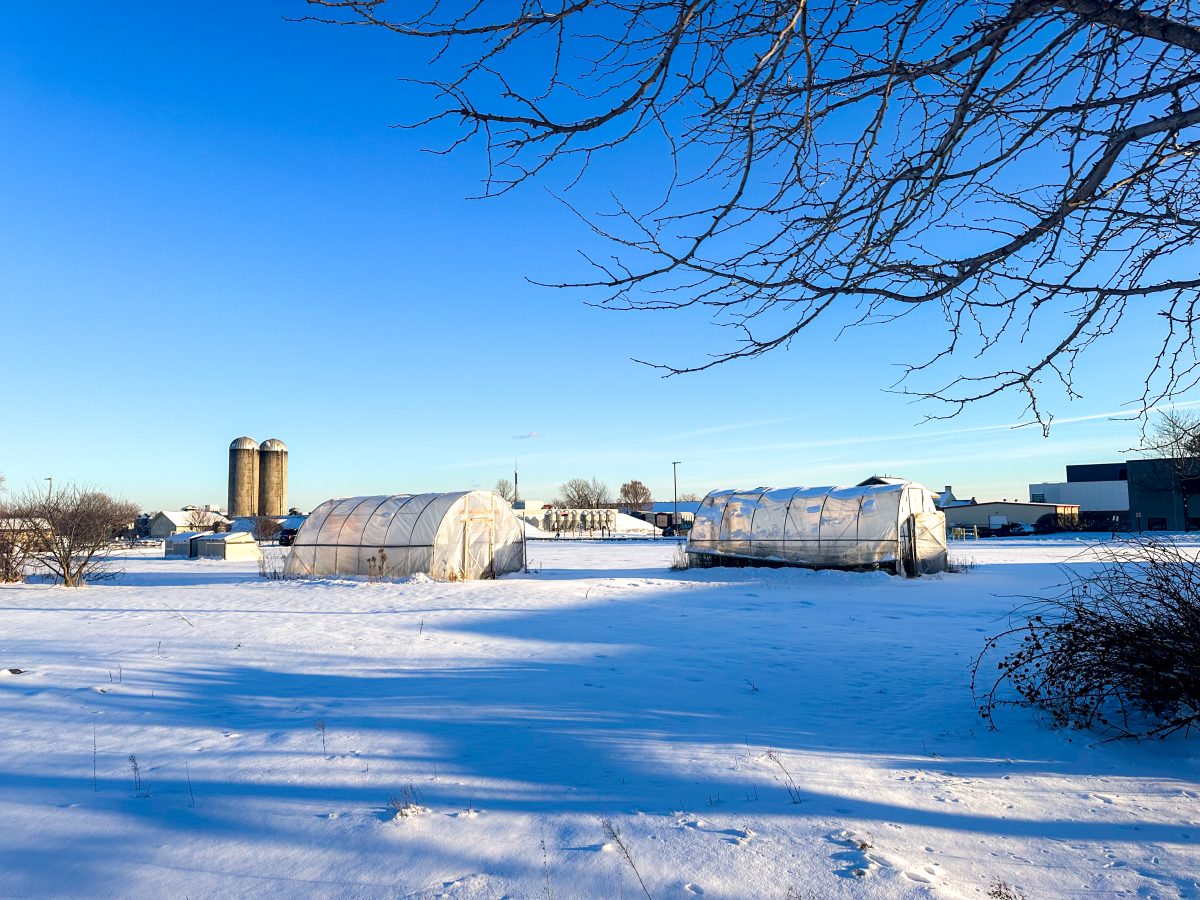
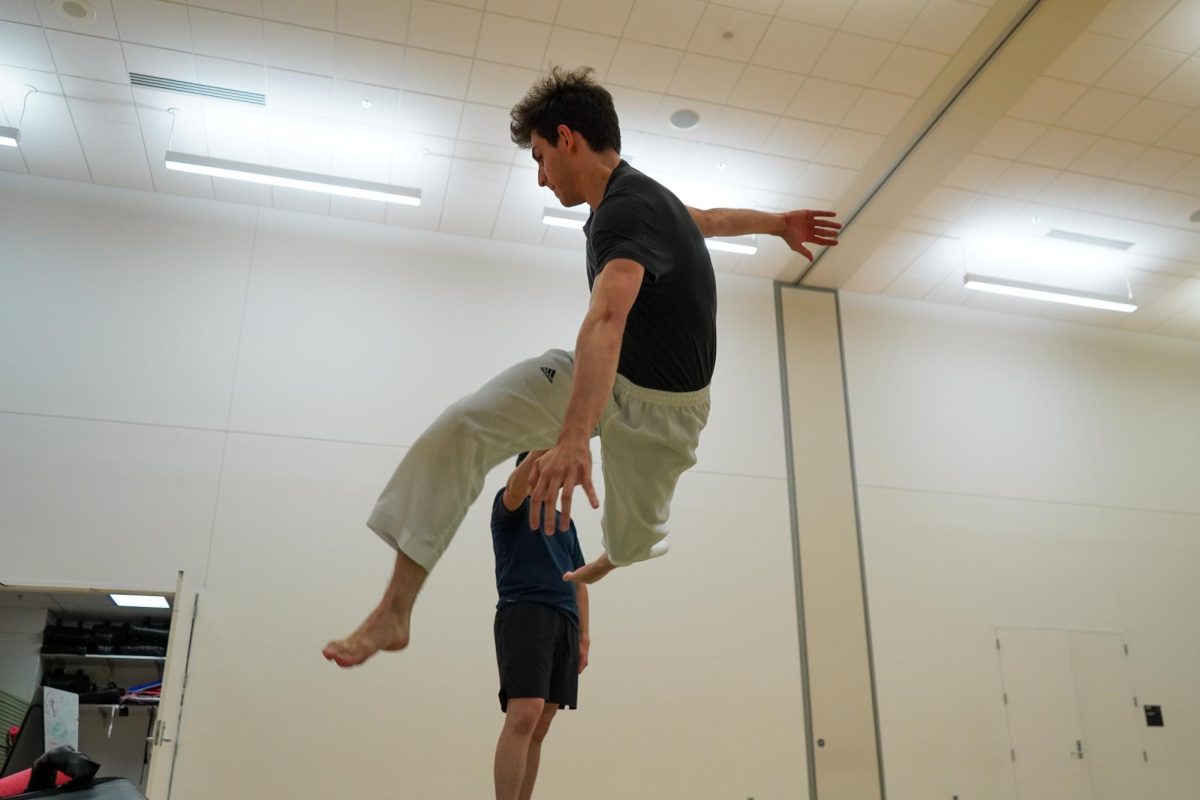
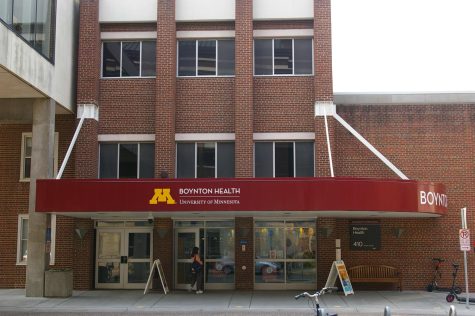
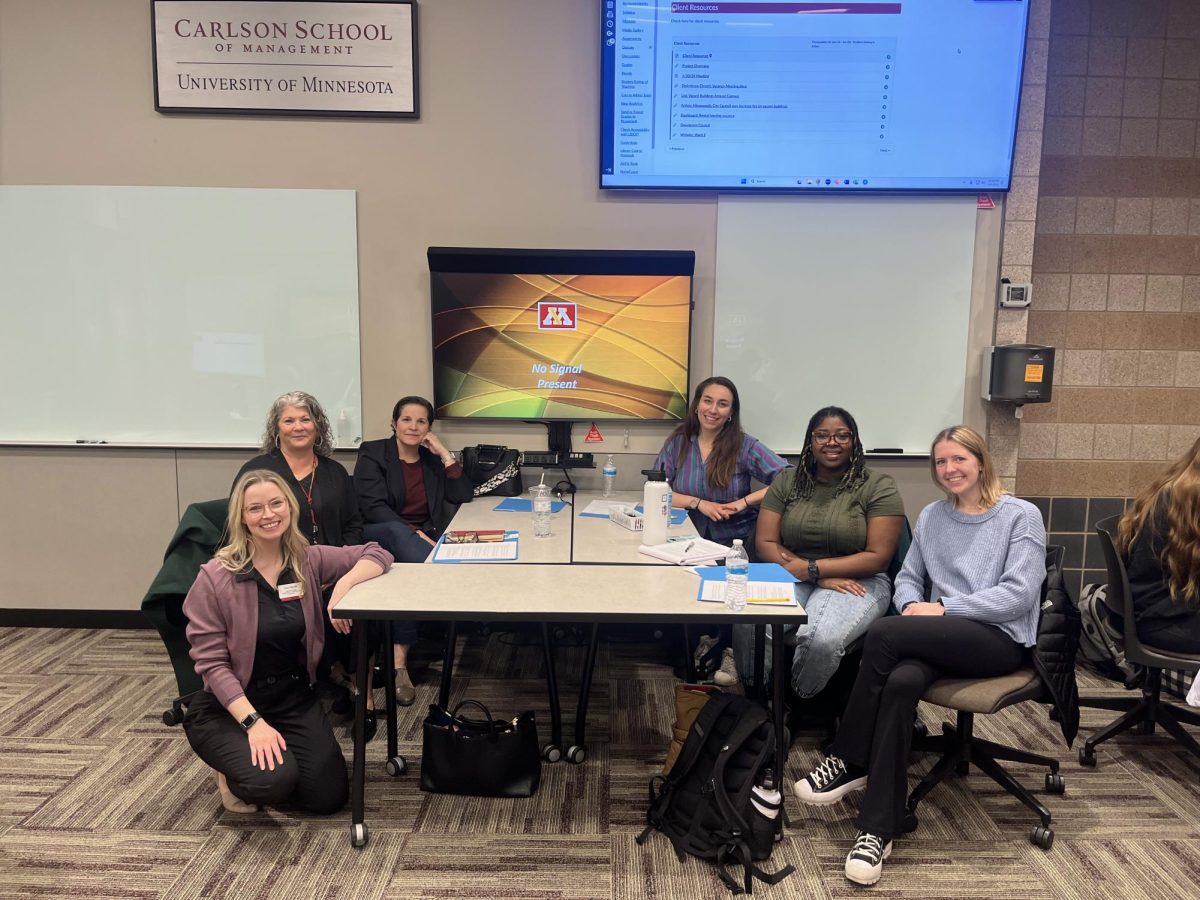

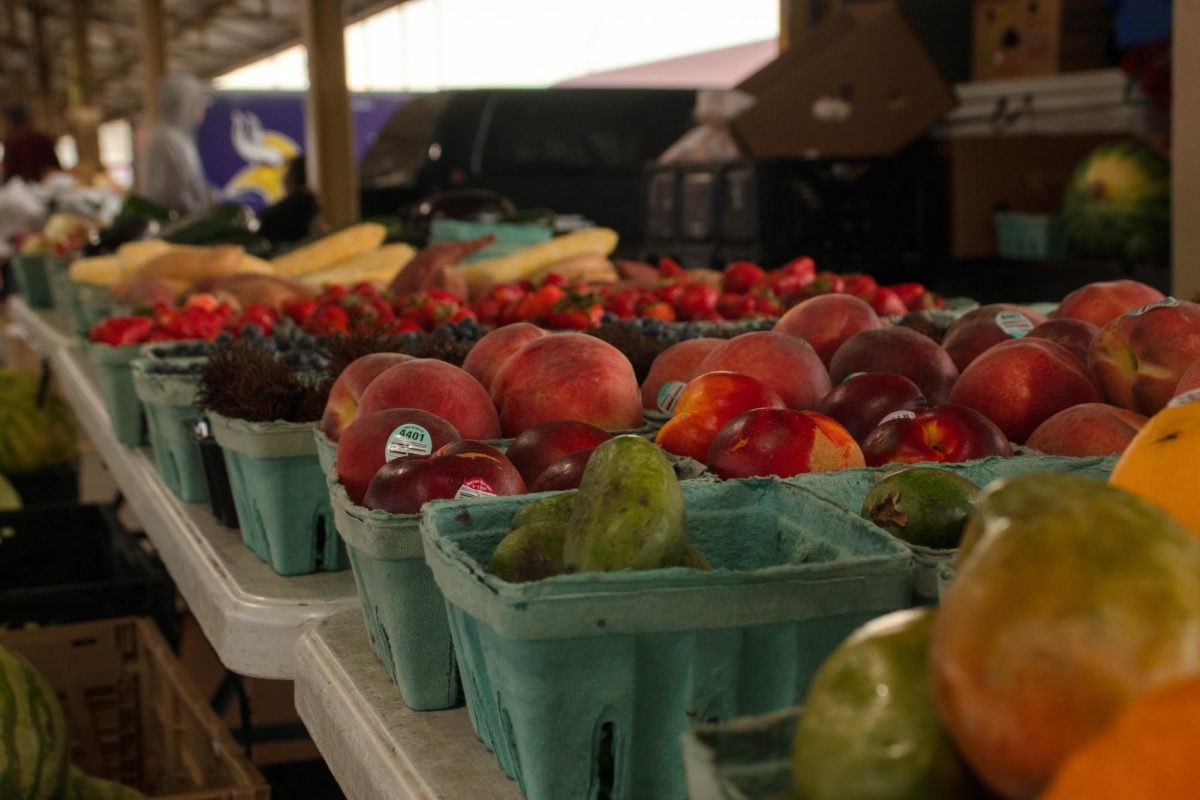
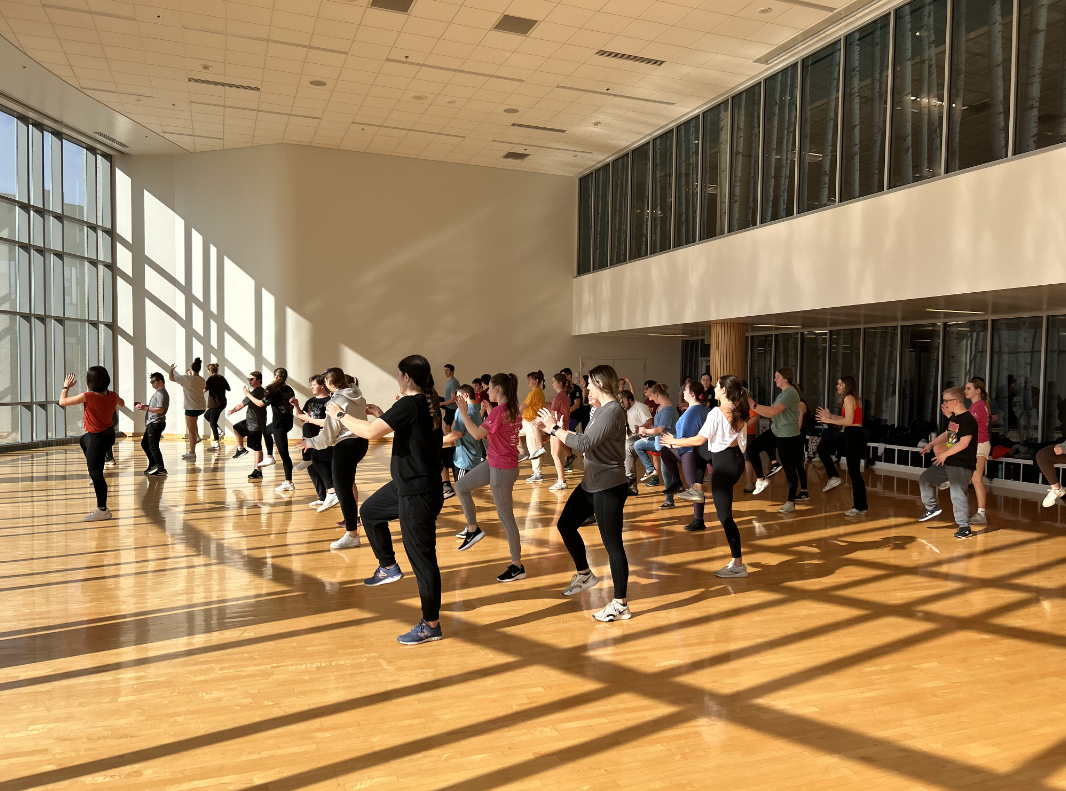
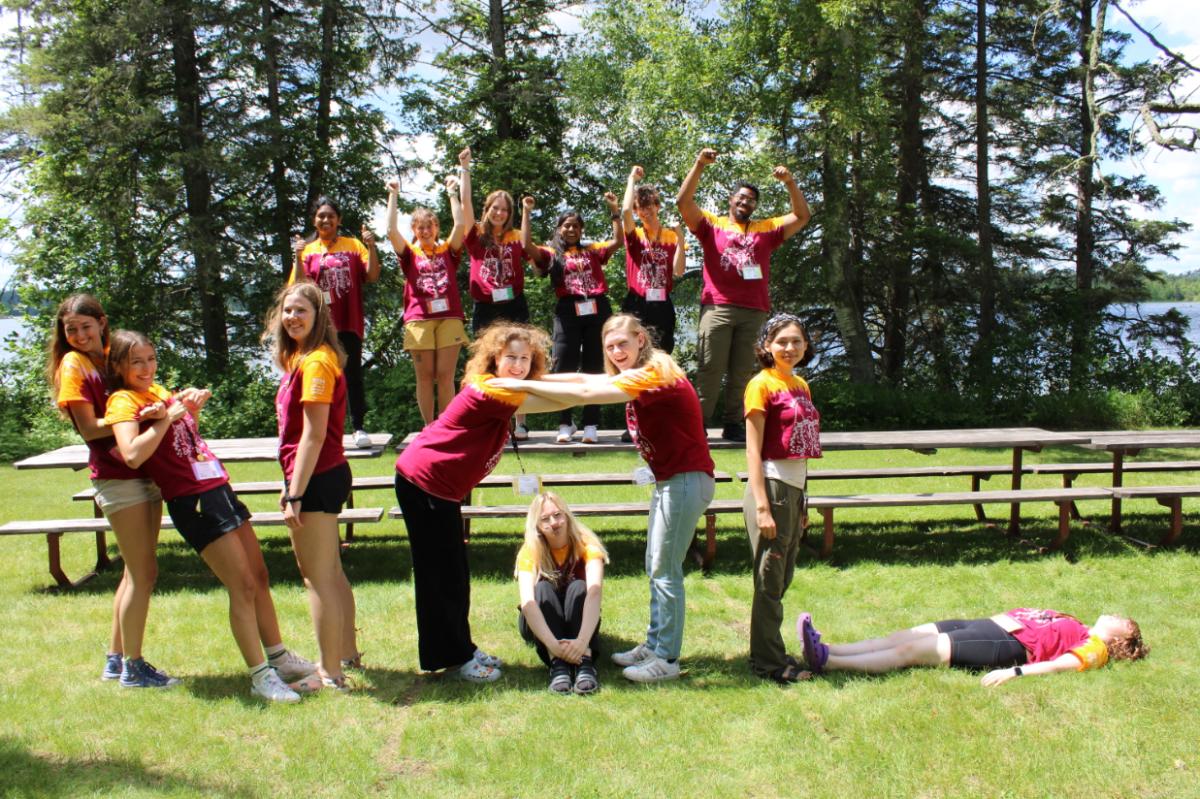
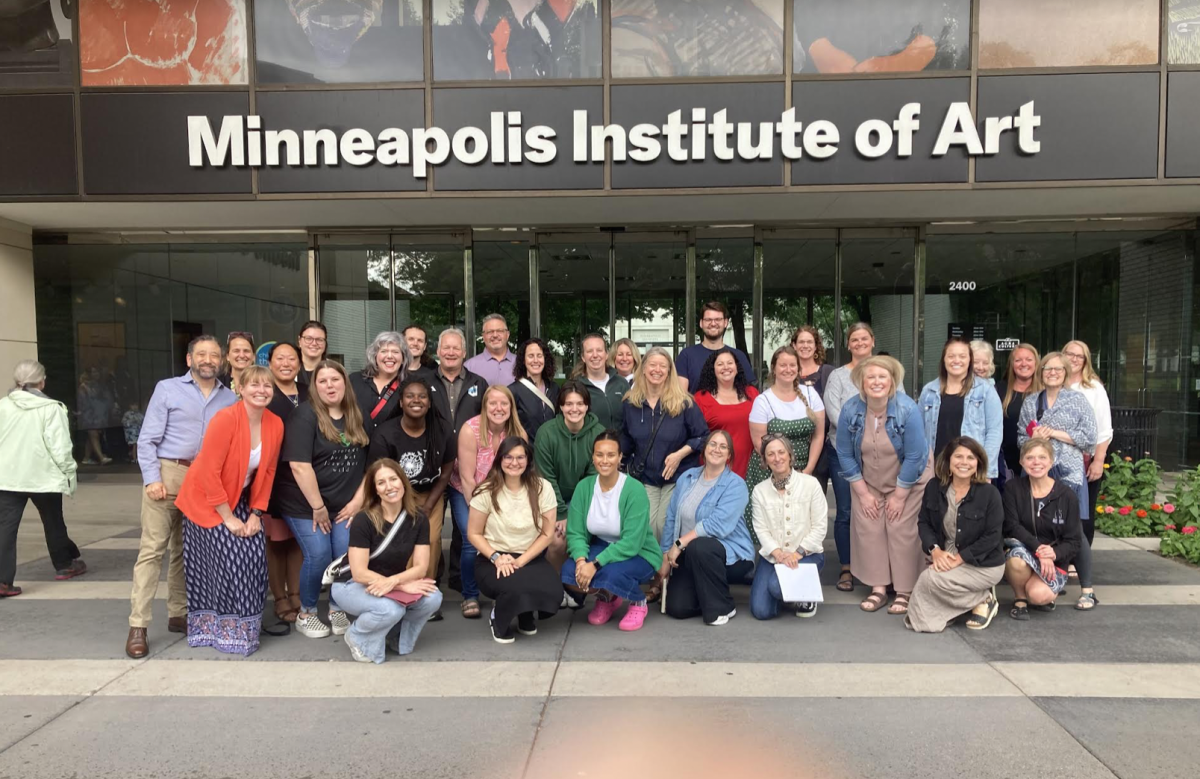

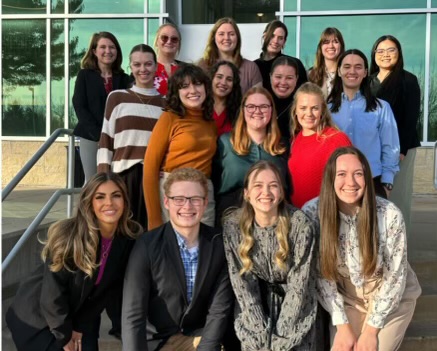
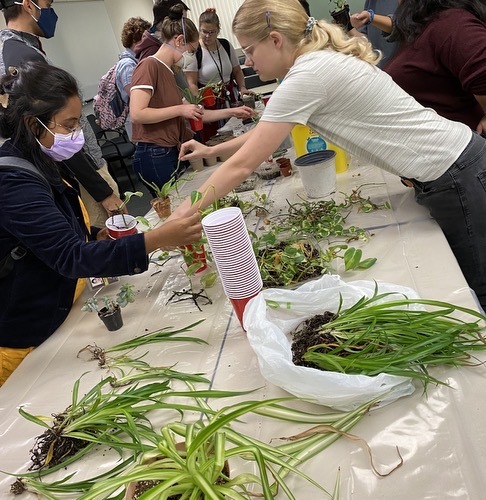
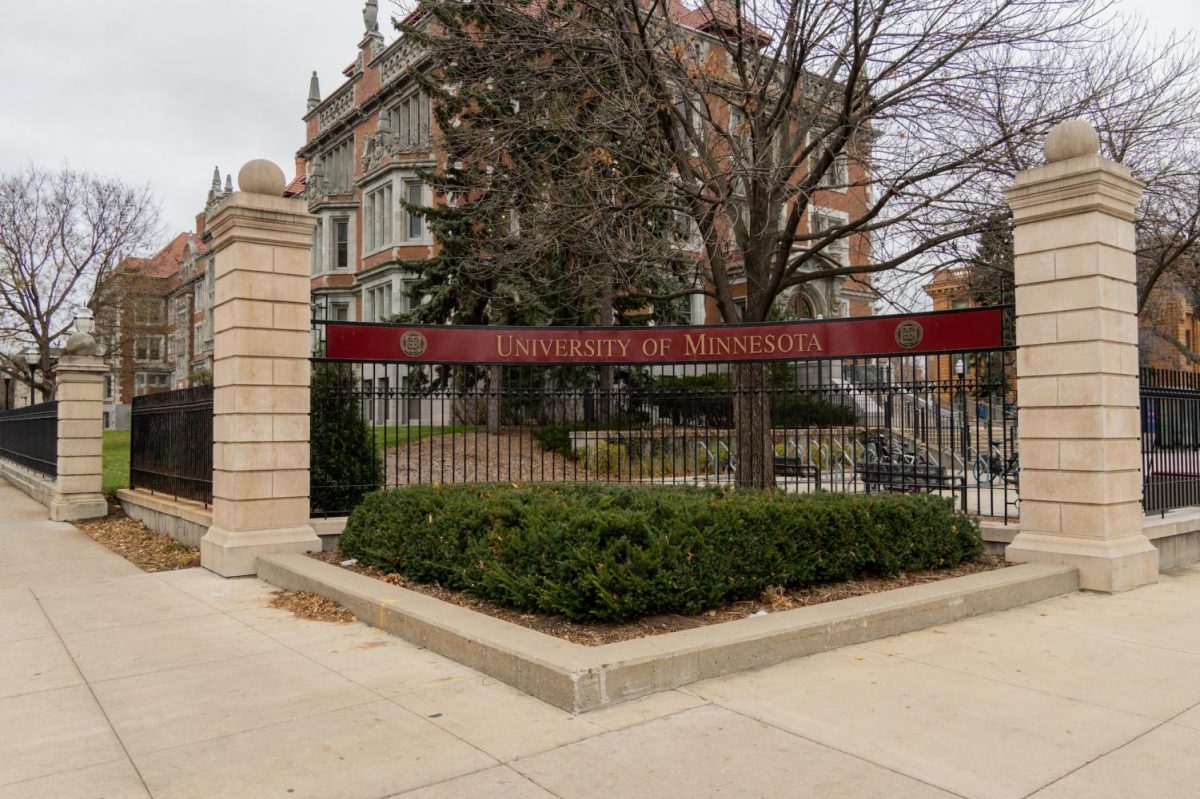





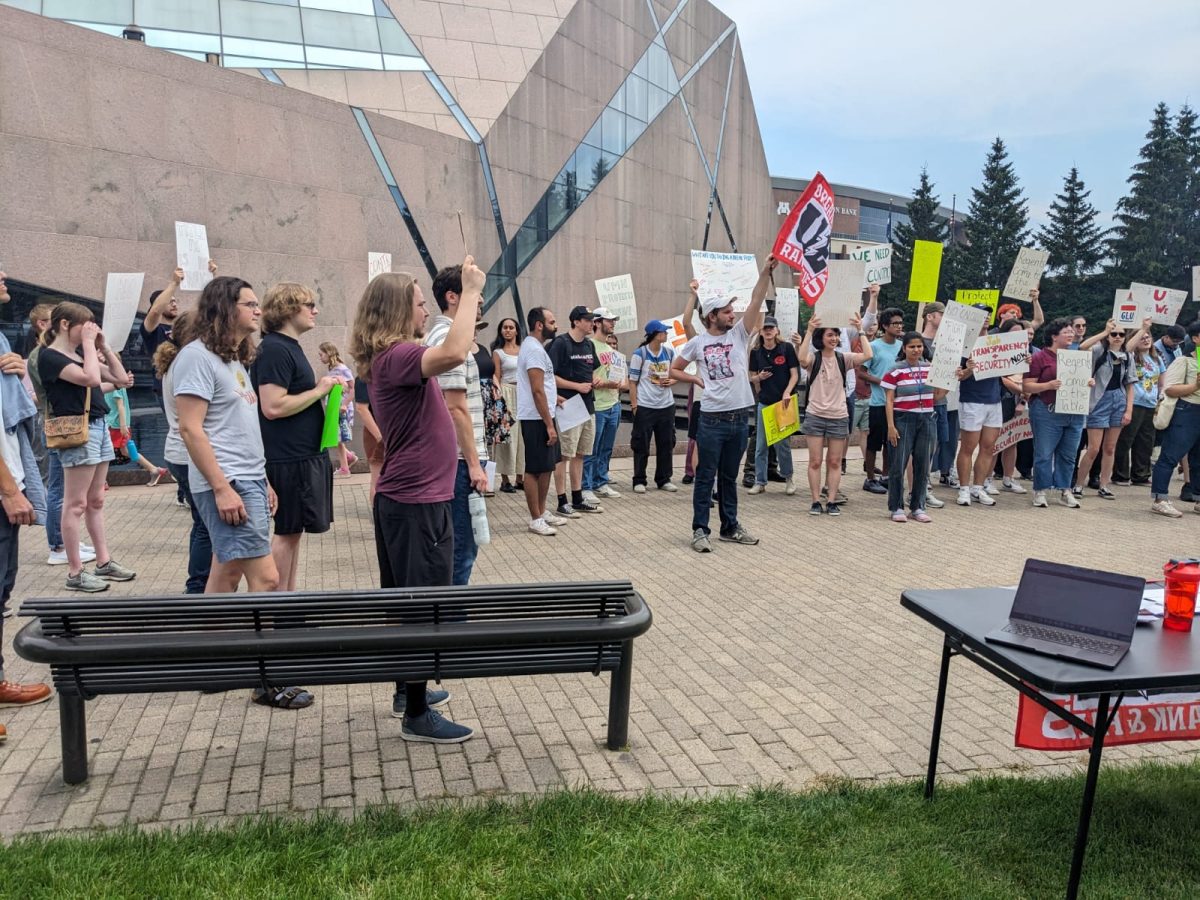

Tori Dahl
Apr 4, 2024 at 10:46 am
Reach out to Tori Dahl, UMSOF Farm Manager, if you’re interested in volunteering, a work share, or summer internships!
Carlo Rossi
Mar 20, 2024 at 10:18 am
Maybe the School of Economics can offer some support as a partner in some fashion; seems there’s opportunities there to explore solutions for real-world 21st century economics/food production in a non-centralized government (i.e., grant/subsidy free) environment 😉
Yori
Feb 29, 2024 at 7:40 am
It seems like a great project! How about writing a USDA grant with your college’s grant office or your advisor?
Grace
Feb 28, 2024 at 12:05 pm
I’d love the opportunity to do a work-share in exchange for some produce if there’s a surplus that needs to be harvested!
Rose Marie Jane Rementina
Feb 28, 2024 at 11:46 am
How can we get informed on the summer internships or opportunities in the farm?
Laura VonDeLInde
Feb 28, 2024 at 8:42 am
If there are no pickers for the strawberries, perhaps advertising to students and staff that there is picking to be done at so much per pound!